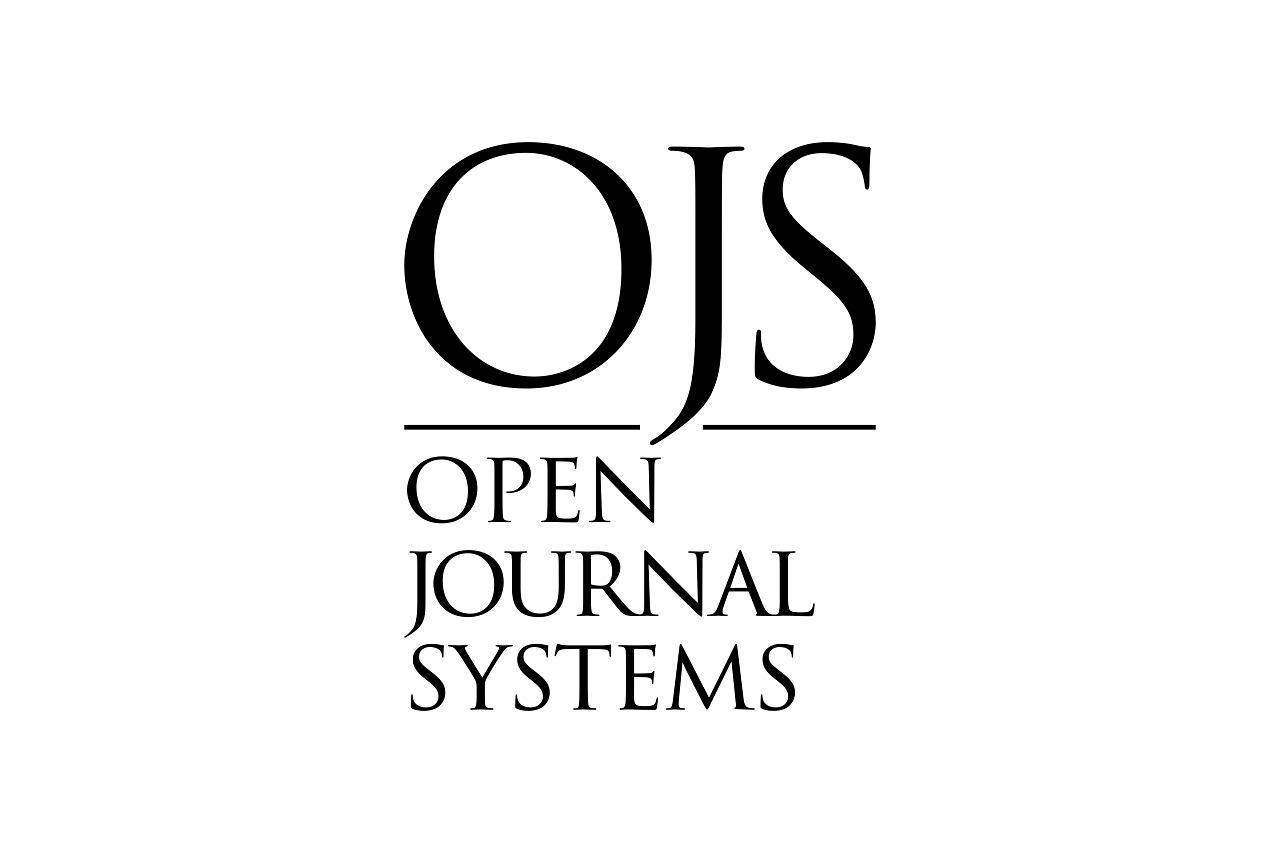ANALYSIS OF THE EUROPEAN EXPERIENCE OF THE STRATEGY FOR THE DEVELOPMENT OF SCHOOL EDUCATION IN THE CONTEXT OF DIGITALISATION
DOI:
https://doi.org/10.52123/1994-2370-2025-1504Keywords:
public administration, education, decentralisation, planning strategies, school education, comparative analysis, digitalisation, European experienceAbstract
In the context of digitalisation, without socio-economic transformations and increased competition in human capital, effective strategic planning of school education becomes the basis for developing new national systems. This study is devoted to a comparative analysis of the strategy of school education planning in the leading European countries such as Finland, Great Britain, Germany, Italy and Lithuania, for the formation of indicators in Qazaqstan based on the experience of these countries, taking into account the national characteristics of the state. As an analysis of the territory derived from a European state, high results are achieved in international studies of the quality of education, such as PISA, OECD Education at a Glance, and characteristic policies in decentralisation and digitalisation. The purpose of the study is to identify effective strategies and models of international planning, as well as to develop practical recommendations for ensuring effective educational policy in Qazaqstan. The article analyses the main directions of various countries’ educational strategies and regulatory documents. As a result, the author systematises the similarities and develops strategies for school education planning approaches in different European countries and Qazaqstan. The conclusion is made about the need to strengthen decentralisation, develop flexible educational trajectories, increase the external environment’s transparency and adaptability and the business's participation in the planning process by education in Qazaqstan, considering the best world practices and national characteristics.
 : 1586
: 1586
 : 0
: 0
References
AT THE OECD. (2022). Educational policy perspectives until 2022: changing approaches to lifelong learning. Paris: OECD Publishing House. https://www.oecd.org/education/education-policy-outlook/
The OECD. (2019). PISA 2018 Results (Volume I): What students know and can do. Paris: OECD Publishing House. https://www.oecd.org/pisa/publications/pisa-2018-results.htm
The World Bank. (2021). Improving the quality of education in Central Asia. Washington, DC: World Bank Group. https://documents.worldbank.org/
UNESCO. (2023). Global Education Monitoring Report for 2023: Technology in education – a tool on whose terms? Paris: UNESCO. https://www.unesco.org/reports/global-education-monitoring-report
The European Commission. (2020). Digital Education Action Plan (2021-2027): Adapting education and training to the digital age. Brussels: European Commission. https://education.ec.europa.eu
The Government of Kazakhstan. (2019). The State Program for the development of education and Science for 2020-2025. Nur Sultan. https://adilet.zan.kz/rus/docs/P1900000988
Ministry of Education and Science of Lithuania. (2021). The Education Development Program for 2021-2030. Vilnius. https://www.smm.lt
Ministry of Education and Culture of Finland. (2021). Education and research for 2021-2030: A development plan. Helsinki. https://okm.fi/en
The British Ministry of Education. (2016). Improving the quality of education worldwide: An official document. London. https://www.gov.uk/government/publications/educational-excellence-everywhere
MIUR (Italy). (2015). National Digital Piano. Rome. https://www.miur.gov.it/web/guest/scuola-digitale
Minister of Culture (KMK, Germany). (2016). Publication in digitalen Welt magazine. Bonn. https://www.kmk.org
Sahlberg, P. (2021). Finnish Language Lessons 3.0: What can the world learn from the changes in education in Finland? New York: Teachers College Publishing House.
Barber M., Donnelly K., Rizvi S. (2012). Oceans of innovation: The Atlantic, the Pacific, global leadership, and the future of education. London: Institute for Public Policy Research. https://www.ippr.org/publications/oceans-of-innovation
Schleicher A. (2018). World Class: How to build a 21st century school system. Paris: OECD Publishing House.
The Republic of Kazakhstan. (2007). The Law on Education, No. 319-III, was adopted on July 27, 2007. https://adilet.zan.kz/rus/docs/Z070000319_
The Constitution of Finland. (1999). Section 16: Rights to education. https://www.finlex.fi/en/laki/kaannokset/1999/en19990731
The British Parliament. (1996). The Education Act of 1996. https://www.legislation.gov.uk/ukpga/1996/56/contents
The Italian Parliament. (2015). Legal aid: Law No. 107/2015. https://www.normattiva.it/
The Republic of Lithuania. (1991). The Law on Education, No. I-1489. https://e-seimas.lrs.lt/
The OECD Library. (n.d.). Database on education. https://www.oecd-ilibrary.org/education
The World Bank. (n.d.). A systematic approach to improving educational outcomes (SABER). https://saber.worldbank.org/
UNESCO Institute of Statistics. (n.d.). Educational data portal. http://uis.unesco.org/
The Hechinger report. (New York). What The 2018 PISA International Ranking Tells Us About US Schools. https://hechingerreport.org/what-2018-pisa-international-rankings-tell-us-about-u-s-schools/
National Education Association. (n.d.) PISA 2018: Insignificant progress in the USA – What do the results really say? https://www.nea.org/nea-today/all-news-articles/pisa-2018-slight-us-progress-what-do-results-really-tell-us
The OECD. (2023). PISA 2022 results (Volume I). https://www.oecd.org/en/publications/pisa-2022-results-volume-i_53f23881-en.html
Business insider. (2016). PISA World Ranking in Mathematics, Science and Reading skills. https://www.businessinsider.com/pisa-worldwide-ranking-of-math-science-reading-skills-2016-12
keeper. (2013). PISA results: Which country has the best students in reading, mathematics, and science? https://www.theguardian.com/news/datablog/2013/dec/03/pisa-results-country-best-reading-maths-science
Statistics. Finland: The share of government spending on education in GDP. https://www.statista.com/statistics/530295/finland-share-of-public-expenditure-on-education-in-the-gdp/
Statistics. (New York). Great Britain: The share of education spending in GDP. https://www.statista.com/statistics/302002/uk-education-spending-as-a-share-of-gdp/
Statistics. Italy: Education expenditures as a percentage of GDP. https://www.statista.com/statistics/646506/education-spending-as-share-of-gdp-in-italy/
Statistics. Germany: Spending on education as a percentage of GDP. https://statbase.ru/data/deu-education-expenditure-share-of-gdp/
Government database. (n.d.) Lithuania: The share of education expenditures in GDP. https://statbase.ru/data/ltu-education-expenditure-share-of-gdp/
Additional Files
Published
How to Cite
Issue
Section
License
Copyright (c) 2025 Жанель Бегалиева, Ларри Ката Бэкер

This work is licensed under a Creative Commons Attribution-NonCommercial-NoDerivatives 4.0 International License.
























